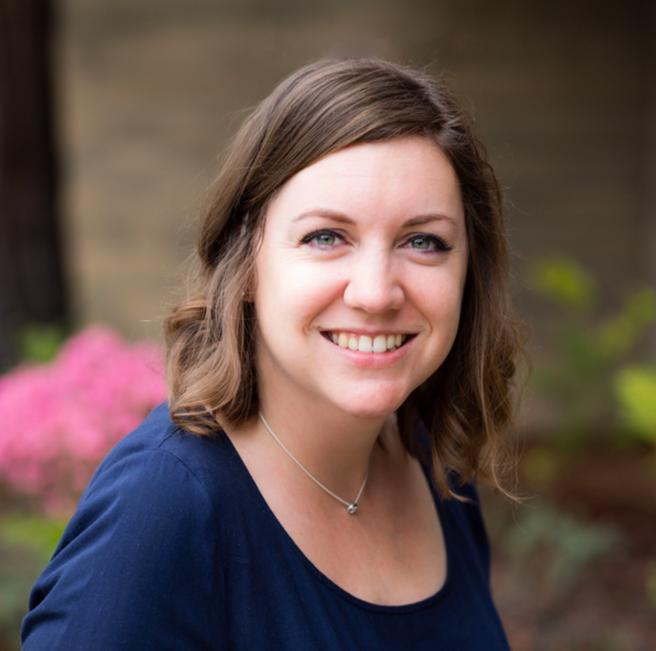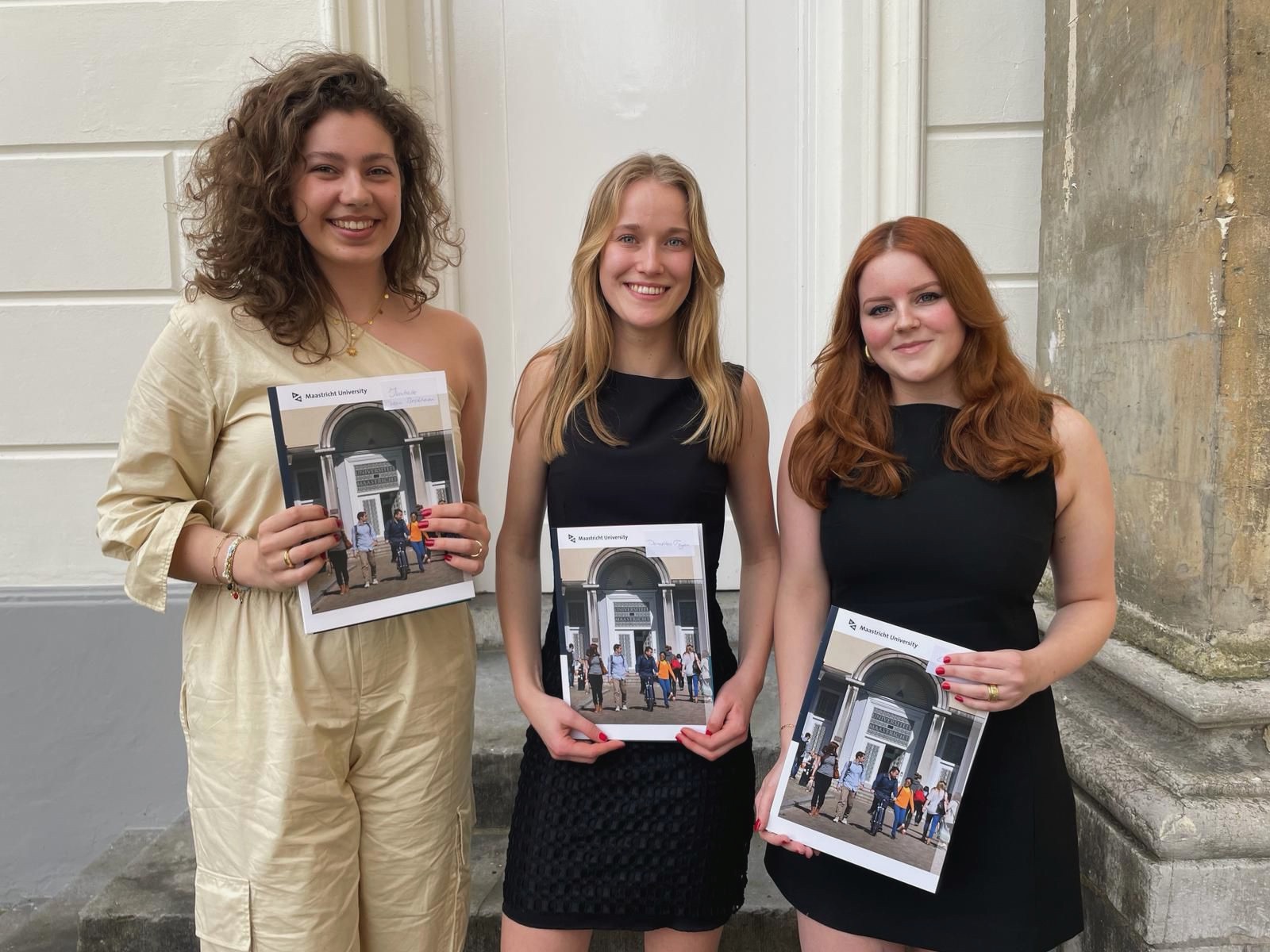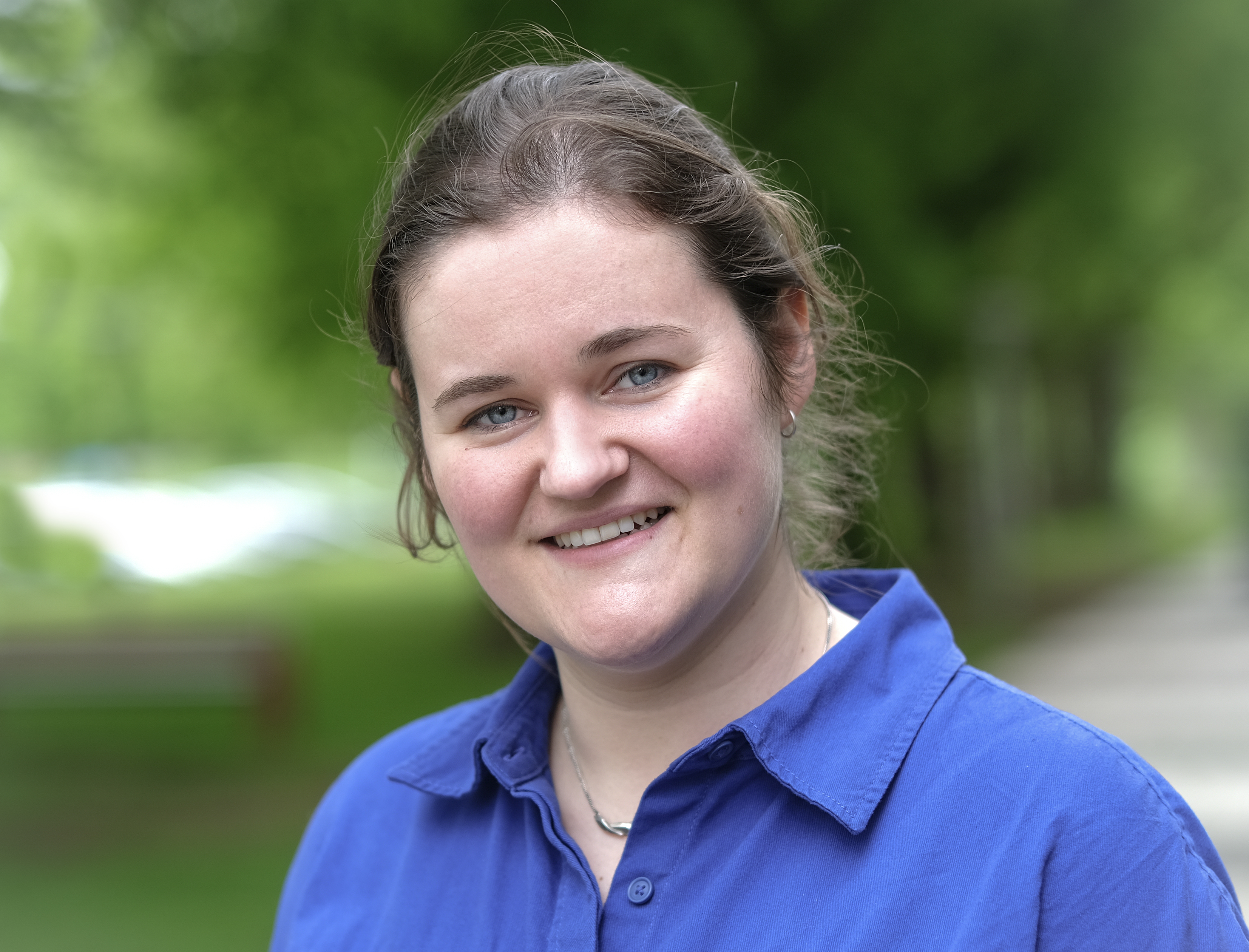Inge Timmers receives Marie Skłodowska-Curie Actions award
The European Commission has awarded a Marie Skłodowska-Curie Actions (MSCA) award to Inge Timmers for the project ‘Imaging circles of engagement: Neural correlates of parent empathic distress in the context of chronic pain’. The global fellowship award allows Inge to continue her work at the Biobehavioral Pediatric Pain (BPP) lab at Stanford University in collaboration with the Department of Rehabilitation Medicine (CAPHRI/FHML) Maastricht University. After this initial outgoing phase of going back and forth, she will transition back to Maastricht University completely to continue to grow this research line.
Abstract
Chronic pain affects the lives of over a quarter of adolescents world-wide. For a parent to see their child suffering is particularly distressing. Parent cognitive, affective and behavioral responses can powerfully modulate (i.e., mitigate or magnify) their child’s pain-related functioning. A key, so far neglected, variable may be parent empathic distress, hindering the parents’ ability to respond in ways to promote the child’s functioning. The neural mechanisms underlying parent empathic distress and its impact have not been studied before and will be the main focus of this project. I will investigate underlying mechanisms of parental empathic responses to observing their own child’s pain, using psychological questionnaires, heart rate variability, facial expressions, and brain MRI.
Twitter: @Inge__Timmers
Also read
-
The Honours programme is an extracurricular activity for bachelor’s students in year 2 and 3 to showcase their academic skills and teamwork in a real-life project. We talked to Emma van Straten, a Health Sciences student and Honours alumna who organised an international conference on Lama2 in...
-
As a patient in a hospital, you see many different faces at your bedside every day: a nurse measuring your blood pressure, a doctor or nurse practitioner informing you about the care plan, and a nutritionist providing you with the right food and drinks. Although all these caregivers have their own...
-
Alisa moved from Moscow to the Netherlands at 17 years old to become a first-year Regenerative Medicine and Technology (RMT) bachelor’s student. Turns out Alisa’s adventurous spirit pushes her to brand-new things, such as the RMT bachelor’s programme and her hobby Tribal Fusion dancing.



